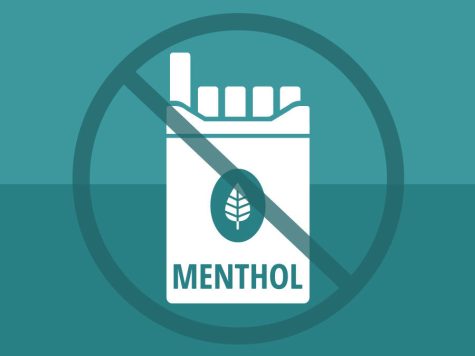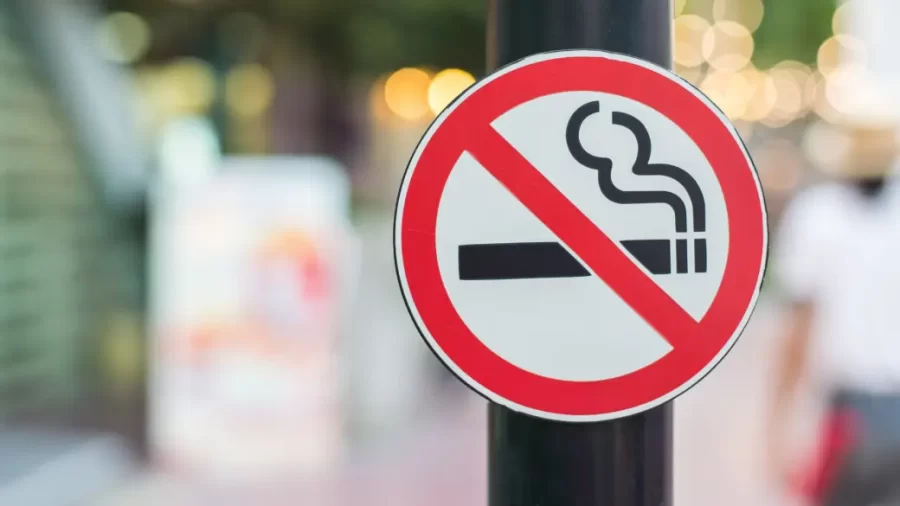Why Should Cigarettes be Banned?
Tobacco kills more than 8 million people each year. Only 4% of users who attempt to quit tobacco will succeed. We all know the dangers of cigarettes; The health effects and cravings. It’s drilled into us as soon as possible. The obvious solution is a ban on cigarettes. However, “obvious” isn’t a reality. There are plenty of illegal substances; Does that stop production? Distribution? Addiction? When you ask, “Should cigarettes be banned?” It’s more complicated than just a simple yes or no.
Every day, about 2,000 people younger than 18 years smoke their first cigarette. We all know, smoking kills. An article from the National Library of Medicine states, “The cigarette is the deadliest object in the history of humans. Cigarettes kill about 6 million people every year, a number that will grow before it shrinks. Smoking in the twentieth century killed only 100 million people, whereas a billion could perish in our century unless we reverse course.”(Proctor).
There are plenty of small-scale benefits to the end of cigarette use. There are also many large-scale benefits. Proctor also explains that “Apart from reducing human suffering, abolishing the sale of cigarettes would result in savings in the realm of healthcare costs, increased labor productivity, lessened harms from fires,
reduced consumption of scarce physical resources, and a smaller global carbon footprint.”
A cigarette ban sounds like a good idea all around. Yet, cigarettes do horrible things, but people still participate. If these deadly risks aren’t enough to scare users…will prohibition be enough?
Cigarette use will not stop with just a simple ban. It has the possibility of increasing crime rates, law-breaking, etc. The U.S. prohibition of alcohol in the 20s was a disaster that increased illegal trade. The same thing is likely to happen with cigarettes.
In Rob Lyons’ book, he discusses, “Banning products will not put an endto demand. The major beneficiaries of the ban on menthol cigarettes will be criminal gangs and illicit traders. Victims will include law-abiding consumers and legitimate retailers” (“Forest | Prohibition: A Bad Idea That Won’t Go Away”).
Freshman students Jonathan Quiñones and Anaya Pratt agree. Jonathan said, “I don’t think it would help it because there are lots of things that are illegal in America but people still do it.” Anaya commented, “They’ll probably just resort to other options, so it’s not a good idea.”
Consumers will find new ways, different drugs, etc. In other words a cigarette ban, “…puts the cart before the horse: In the absence of effective alternatives, smokers won’t give up lightly. So this policy would not necessarily stop people from using nicotine but instead produce a minefield of unintended consequences.
Rather than immediate and dramatic cuts in smoking rates, we could see mass stockpiling of the old product, continuing online purchases, illicit cross-border trade, counterfeit production…” We can’t expect our current smokers to quit cold turkey. In 2018, around 55% of adult smokers reported an attempt to quit in the past year. Out of 55% only about 8% were successful.
Freshman Jonathan Quiñones stated, “It would do more damage than it would good because you’re just going to put them through withdrawal, and they’re just going to find another way to get the cigarettes illegally.”
Essentially, a cigarette ban is not the way to go. The approach to cigarette use should include, not exclude, our current smokers. We need alternatives, ways to rehabilitate, etc.
The truth is, that question should be broken down into different parts, each with a different solution. There is no flat-out answer. It’s important to show support and help current smokers transition, but this isn’t a perfect world. No matter how bad something is, someone out there will do it, and there’s nothing we can do to stop that.
English teacher Mrs. Salter said, “I would love for it to, you
know, be banned but I don’t think that is a reality. I think that education is the best way. Raising our children with the knowledge of, ‘Hey this really hurts your body, a lot because if you never pick up that cigarette, you’ll never be addicted to it, and then you’re never going to want to keep, you know, keep smoking.”
Your donation will support the student journalists of Wesley Chapel High School. Your contribution will allow us to purchase equipment and cover our annual website hosting costs.


























